
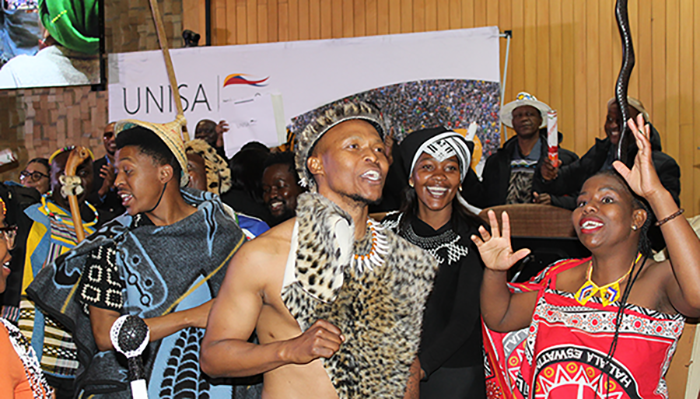
Johannesburg student leaders celebrate their award as Best-performing Regional Student Representative Council
To recognise the work done this year, the Department of Student Affairs, under the Office of the Dean of Students, hosted its first-ever Academic Awards Gala Dinner at the Unisa Muckleneuk Campus on 4 December 2025, bringing together dignitaries and proud nominees.
Under the theme Academic excellence among student leaders, the Dean of Students, Dr Olwethu Sipuka, said that the university will ensure that student leaders who have graduated will be given good placements to rectify past injustices. "We will provide them with maximum exposure, both internationally and nationally, regarding capacity building in leadership," he said. He concluded by relaying his gratitude to Prof Moloko Sepota, the Unisa Registrar and the evening’s keynote speaker, and congratulating the nominees.
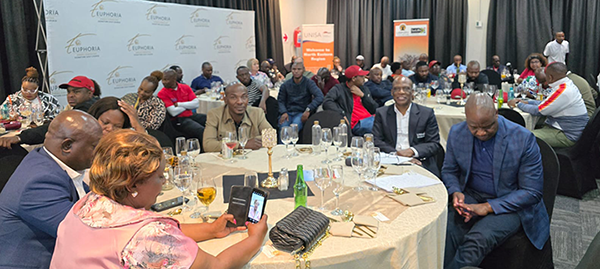
From left: Dr Olwethu Sipuka, Clarence Mabutla, Prof Moloko Sepota, Lizette le Roux and Liana Joubert
Clarence Mabutla, Deputy President of Unisa’s National Student Representative Council (NSRC), noted that NSRC members achieved academic excellence despite the challenges they faced and commended them for their resilience and leadership. Mabutla further urged the student leaders always to remember that academic excellence is essential for leaders, and quoted Nelson Mandela, who said, "Education is the most powerful weapon which you can use to change the world". He concluded by congratulating the nominees and encouraging them to continue striving for academic excellence, which, he said, is fundamental to leadership.
Before delivering the keynote address, Sepota was described as a man whose leadership is felt across the university. He highlighted past notions regarding student leaders taking time to graduate and affirmed their reinstated pride through righting the wrongs of the past. Sepota praised the academic excellence demonstrated by the student leaders, particularly given the tasks they undertook as NSRC members. He complimented them on a job well done in their roles as Unisa ambassadors while embodying what it means to be a student and a student leader at an open and distance e-Learning institution. He said that they were elected because of what the students saw in them and that they did their best.
The highlight of the evening was the awards, which were presented by Lizette le Roux, Deputy Director of Student Development, who noted that discipline was the driving force of the achievers being honoured. Awards were presented in two categories:
Taking the honours for top-performing SRC leaders were
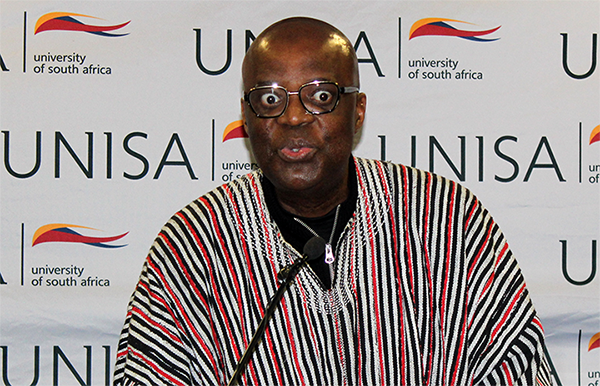
The top-performing SRC leaders (from left) Lindokuhle Shangase (KZN region), Sonto Mthwane (KZN region) and Luthabo Maliwa (Western Cape region)
Johannesburg was named the Best-Performing Regional Student Representative Council.
Giving the vote of thanks, Liana Joubert, Deputy Registrar (SASI), expressed her sincere appreciation for the commitment and support shown by the student leaders. She said that student leaders were building communities, not just their résumés, by being part of the SRC. "They are ultimately gaining ethical traits and learning how to be proactive leaders," she concluded.
* By Nontsikelelo Ndebele, Journalist Intern, Department of Institutional Advancement
Publish date: 2025/12/10
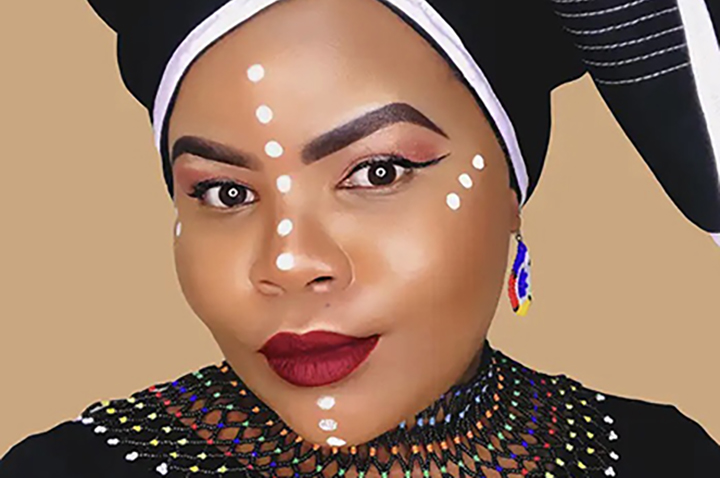 Unisa empowers award-winning agro-cosmetics entrepreneur
Unisa empowers award-winning agro-cosmetics entrepreneur
 Unisa celebrates a project of hope, dignity and student success
Unisa celebrates a project of hope, dignity and student success
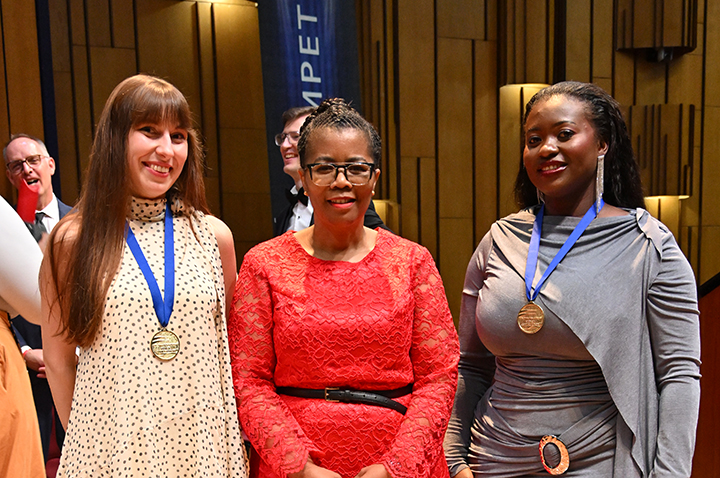 Women vocalists take top honours at Unisa's globally renowned showcase
Women vocalists take top honours at Unisa's globally renowned showcase
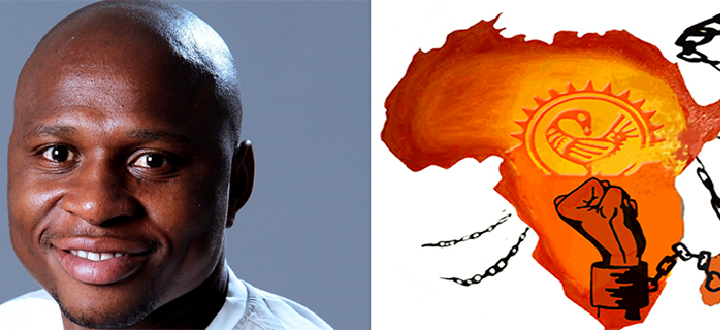 African wealth is dependent on investment in education and development
African wealth is dependent on investment in education and development
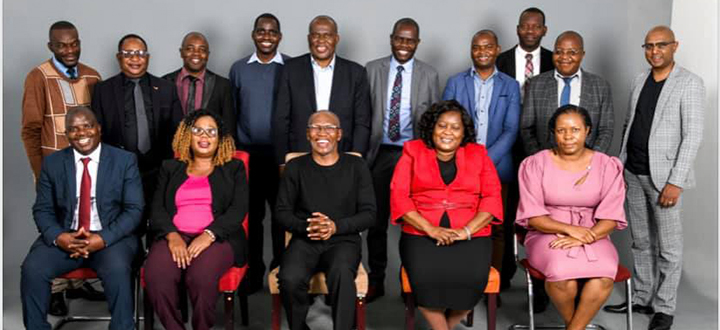 Unisa celebrates matric result success at Correctional Services ceremony
Unisa celebrates matric result success at Correctional Services ceremony